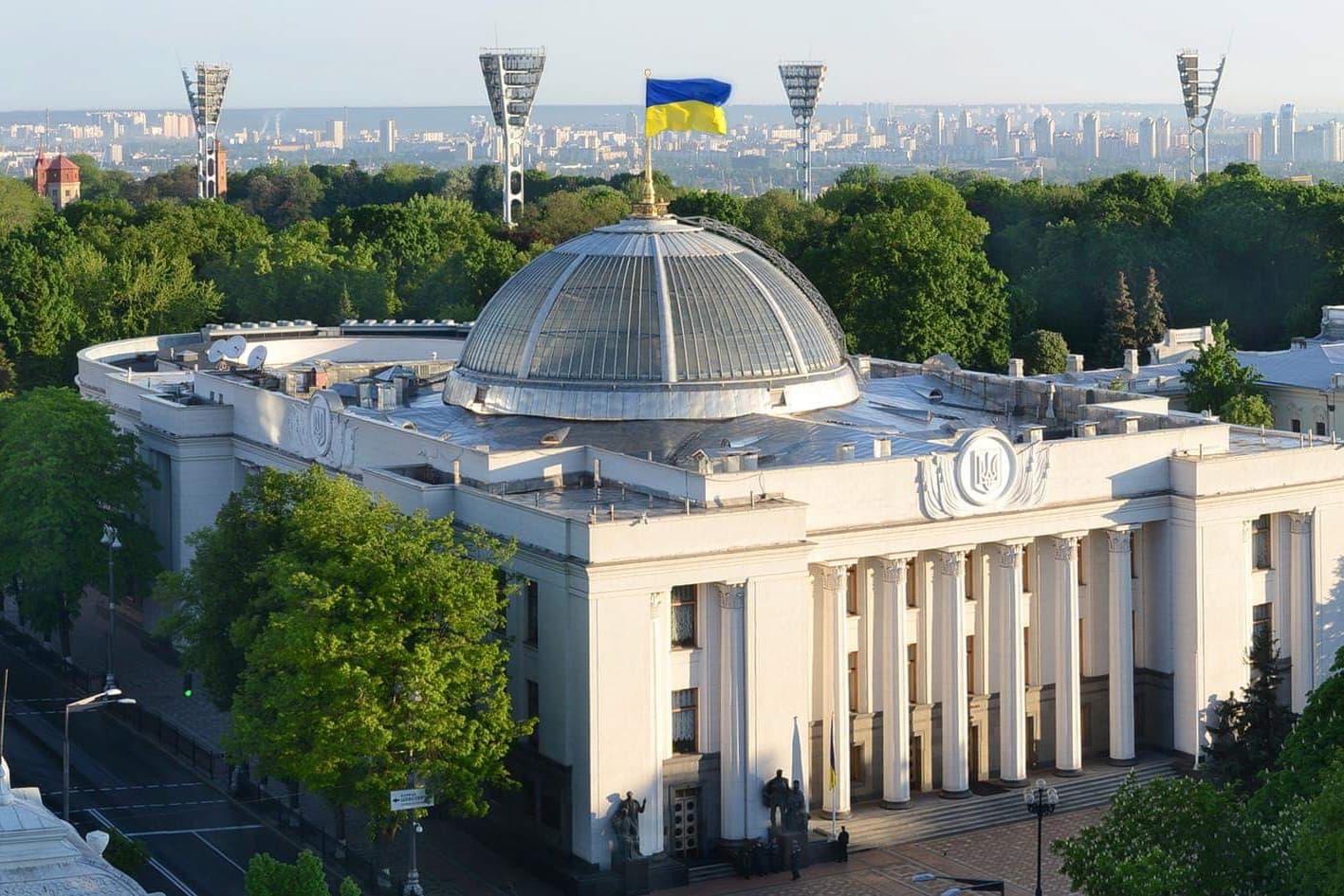Oksana Bashuk Hepburn: With friends like Germany, Ukraine needs no enemies

We can still call ourselves human when we come to our neighbor's aid despite a psychopath villain threatening his existence and, perhaps, ours too.
Such human gestures came recently from the little Baltic states, Poland the Czech Republic, Denmark, Canada, and others most importantly from the United States. All committed to helping Ukraine with arms against Vladimir Putin’s crazy war and demented hallucinations blaming the West for threats to Russia’s security. Such human gestures lift the spirit and show that Russia does not own all nation’s souls.
The same cannot be said for Germany. Its leading citizens like ex-chancellor Gerard Schroeder are exceptionally well-paid Russian opportunists. Chancellor Angela Merkel was its political enabler. Their dangerous moves, to both Germany and Europe, are best illustrated by their gung ho determination to build the unnecessary Nord Stream 2 with Russia.
Here’s the point. If Germany’s leaders are handing over their own and Europe’s energy security to Putin they certainly will sell Ukraine’s interests to him for the right price. It’s incomprehensible that in 2022 Germany shows so little concern about the possibility of precipitating another genocide — over 130 thousand Russian troops on Ukraine’s borders—despite its historic record of another crime against humanity, the Holocaust. And promises of “never again."
History shows its desire to partner with Russia’s despots. In 1939, both dictators — Hitler and Stalin — started a war intending to occupy then share Ukraine. Today, Germany maintains its inherent anti-Ukraine stance by denying it membership in NATO, refusing to send it weapons, and blocking others from doing so by banning arms transfer through Germany.
Given Putin’s determination to obliterate Ukraine, Germany’s stance is equal to is selling its soul and turning itself into an Untermensch, a subhuman.
There’s more. The depth of Germany’s connivance was demonstrated again last week. Rather than be part of a united worldwide pro-democracy and pro-Ukraine stand against Putin, its political leaders, including Foreign Minister Annalena Baerbock, Vice-admiral Kay-Achim Schönbach, and Defence Minister Christine Lambrecht disgraced themselves with insufferable pro-Russia comments forcing the US Secretary of State Antony Blinken to run damage control among western allies.
This pro-Russia bias is most worrisome as Germany is one of four participants in the Minsk peace arrangements. Produced after Russia’s invasion of Donbas in 2014, Minsk has favored Russia while Germany played a lead role in making this happen. The last straw was the Steinmeier formula. It tried tipping Russia’s occupation in its favor by allowing elections in Donbas while Russia’s troops occupied Ukraine.
This led to public outrage against capitulation in Ukraine. President Zelensky had to declare that there would be no elections at gunpoint. Further progress of the loathsome formula stopped.
At the upcoming Paris meeting, Ukraine needs to be most vigilant again. It must use the occasion to insist that going forward Minsk is irreparably flawed and a new peace plan is required. Its composition must reflect a better balance. It needs to seek participation by those who know Russia best and have the most to lose from its aggression like Poland and the Baltic states. Those in a conflict of interest situation, like Germany, must recluse themselves. The talks must have a neutral moderator. Great Britain comes to mind; Canada and Japan might be contenders. Ukraine must stay away if the U.S. is not a participant.
Just like the US and NATO are pushing back Russia’s untenable demands for its “security guarantees’, Ukraine must advocate for itself by refuting the Minsk agreements and their devastating violations by Russia. Among them are the ongoing killings by Russia’s occupational forces, the escalation rather than pull-back of its troops, the abduction of civilians, and the torture of political prisoners.
This time, the peace plan is to include the punishment of the guilty party or it will be worthless as the previous one. Most importantly it must specify the date of Russia’s withdrawal from Crimea and Donbas. June will do...
To succeed, it's vital for the plan to stipulate the penalty for non-compliance.
To ensure that Russia knows we mean business, the new peace plan needs to have enough teeth to prevent non-compliance from occurring. This means warning Putin that his greatest fear can come true: Russia’s failure to withdraw from Crimea and Donetsk and Luhansk oblasts by the specified date means automatic membership for Ukraine in NATO. And, of course, considerable sanctions.









